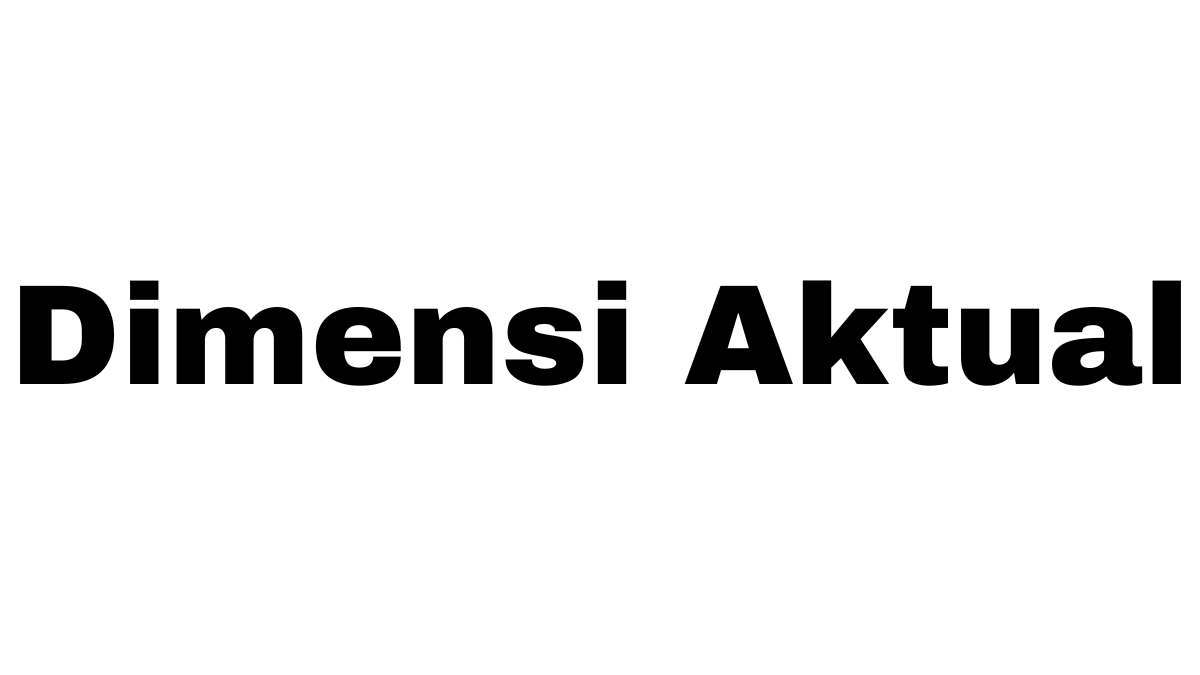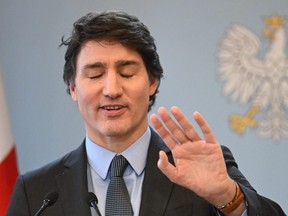At a ceremony marking the 80th anniversary of D-Day in France a month ago, Prime Minister Justin Trudeau issued a warning about the state of democracy.
This, he told Juno Beach, “is still threatened today, … threatened by aggressors who want to change the borders.” It is threatened by demagoguery, disinformation and foreign interference.”
As Canadians prepare to vote in at least three provincial elections this fall and a federal election scheduled for next year, concerns about the strength of democracy are emerging on various fronts.
But is Canadian democracy really threatened? Political scientists say that although Canadian politics and institutions face various problems, the overall situation is not bad.
“From a comparative point of view, Canadian democracy is quite robust, and quite robust from an institutional point of view, in the sense that our elections are generally considered fair,” said Daniel Béland, director of the Institute of Canadian Studies from McGill University.
“But again, it depends on what you’re looking at.”
Some of the most significant concerns arise from accusations of foreign interference.
Conservative Leader Pierre Poilievre accused Trudeau of “acting against Canada’s interests” in handling the allegations, while NDP Leader Jagmeet Singh said Trudeau sent a message that he was “willing to accept a certain level of foreign interference,” undermining democracy and weakening Canadians’ self-confidence.
Meanwhile, Trudeau and the NDP have accused the Conservatives of undermining democratic institutions by trying to oust House Speaker Greg Fergus in May.
There was also a cybersecurity attack in April against a British Columbia government email address, which the province said was likely carried out by a “state or state-sponsored” actor.
Premier David Eby this month asked Trudeau to provide access to information from Canadian spy agencies to help protect the province’s people and its democratic institutions.
British Columbia will hold its vote on Oct. 19, while New Brunswick’s election is scheduled for two days later and Saskatchewan’s on Oct. 28. In Nova Scotia, Premier Tim Houston has cast doubt on whether he will keep a regular election date next summer, amid speculation of a snap election.
In a 2023 report by democracy watchdog Freedom House, Canada received a near-perfect score of 98 out of 100, losing points only to Quebec’s Bill 21, which banned government employees from wearing religious symbols, and the disparities faced by Indigenous people and communities of color. Black.
The German Sustainable Governance Indicators Project ranked the quality of Canadian democracy 10th in the world, again highlighting disparities with indigenous communities as well as the “cash for access” convergence between politicians and donors as concerns.
Patrick Fafard, professor of social sciences at the Graduate School of Public and International Affairs at the University of Ottawa, said that while the international rankings are encouraging, it is clear that several problems must be resolved to maintain a democracy High quality.
Fafard said one of the most visible changes in Canadian politics is the increasing pressure on politicians to engage in “short-term, news-seeking” partisan rhetoric, which is not only undermines public trust in government, but is also prone to division. disinformation.
“I think I can say pretty confidently that I’m more worried today than I was, say, 10 or 20 years ago,” Fafard said. “There is a persistent challenge in which politicians are tempted to commit to slogans and simple solutions, but the problems are complex.
“The current controversy over foreign interference is a good example of this,” he said.
The problem “cannot be solved by assigning blame and blame,” he said.
“This requires policymakers to think medium- and long-term and ask themselves: ‘What can we do to solve this problem first, but also to maintain public confidence in elections?'”
“And that’s another question: ‘How can I leverage this to my advantage in the short term?'”
Robert Bothwell, professor emeritus of history at the University of Toronto, says abusive and hateful speech in Canadian politics should not be a cause for concern. This is not a new phenomenon, he said, and other periods have seen more controversial speech.
“If you look at the First World War, Canadian politics were very divisive and very violent,” Bothwell said. “People were accusing each other of treason and there were cartoons in the newspapers that I think I could call racist.”
Fafard agrees that populist-driven rhetoric and disinformation is nothing new. What is new is that it is “coordinated and funded in a way that we have never seen before.”
Similar trends elsewhere — notably in November’s U.S. presidential election — are also affecting Canada’s political landscape, he said.
Donald Trump’s attempt to return to power coincided with his electoral objections in the US Congress.
A new report released last month by States United Action, a group that tracks election deniers, says nearly a third of lawmakers in the U.S. Congress support Trump’s efforts to overturn the results of the 2020 presidential election or cast doubt on the reliability of the election. Several other lawmakers hope to join them and run for re-election this year to the House and Senate.
“This is a very worrying phenomenon in the American context… where politicians are doing everything they can to create doubts about elections and electoral interference,” Fafard said.
But he noted that Canada does not appear to have the same level of cynicism about public institutions and that similar pressures on democracy are unlikely to emerge in the short to medium term.
“In the long term, I’m not sure,” Fafard said. “The more this happens in the United States, the more influence you have over time. But at least in the short term, I think we’re somewhat protected, at least from the extreme arguments that our elections can’t be trusted.”
Fafard said it’s important for Canada to address the “root causes” of distrust. He said angry political rhetoric during the First World War and before the Second World War was driven by economic disruption, and policymakers need to address the economic vulnerability felt by many in the country now.
Béland said that while there are concerns about democracy abroad, solutions can also come from outside of Canada when it comes to preserving democracy.
He said compulsory voting in Australia is an example of electoral reform that Canada could study.
“We need to look at reforms that have been implemented in other countries to address democratic deficits or apparent democratic crises, and see whether those policies work or not,” Béland said.
“And if these policies are successful, we might consider adapting some of them so that we don’t have to assume that we are unique and that our problems don’t exist anywhere else.”
— With files from The Associated Press
This report by The Canadian Press was first published June 29, 2024.

“Thinker. Hardcore web aficionado. Zombie evangelist. Pop culture trailblazer. Student. Passionate twitter maven.”






